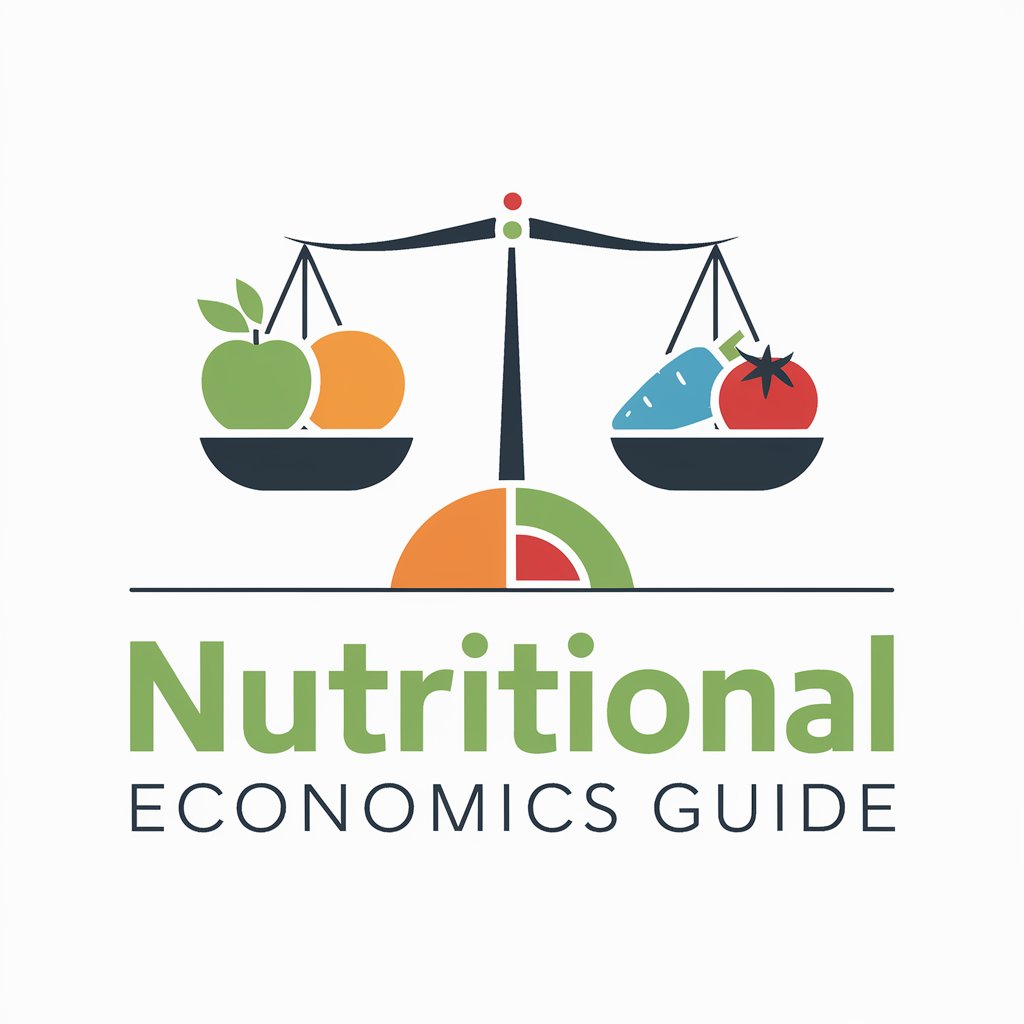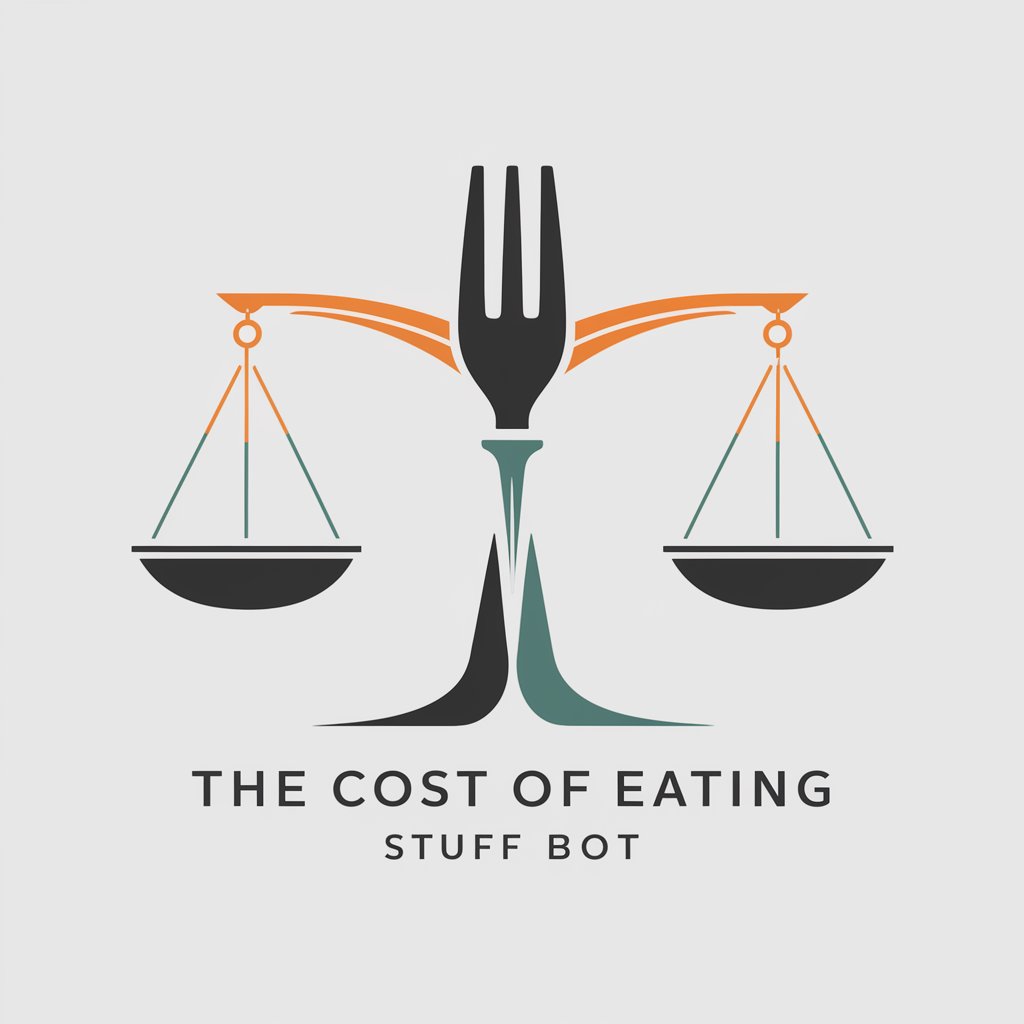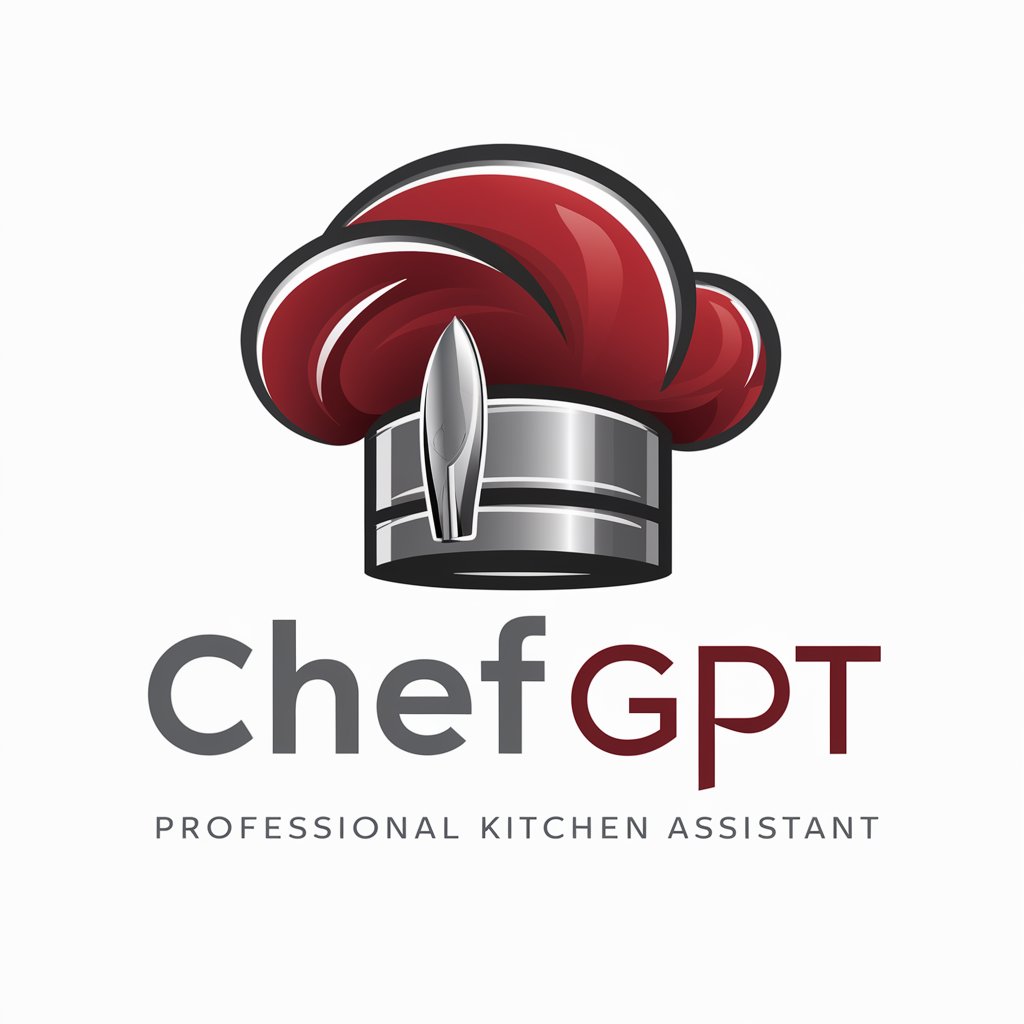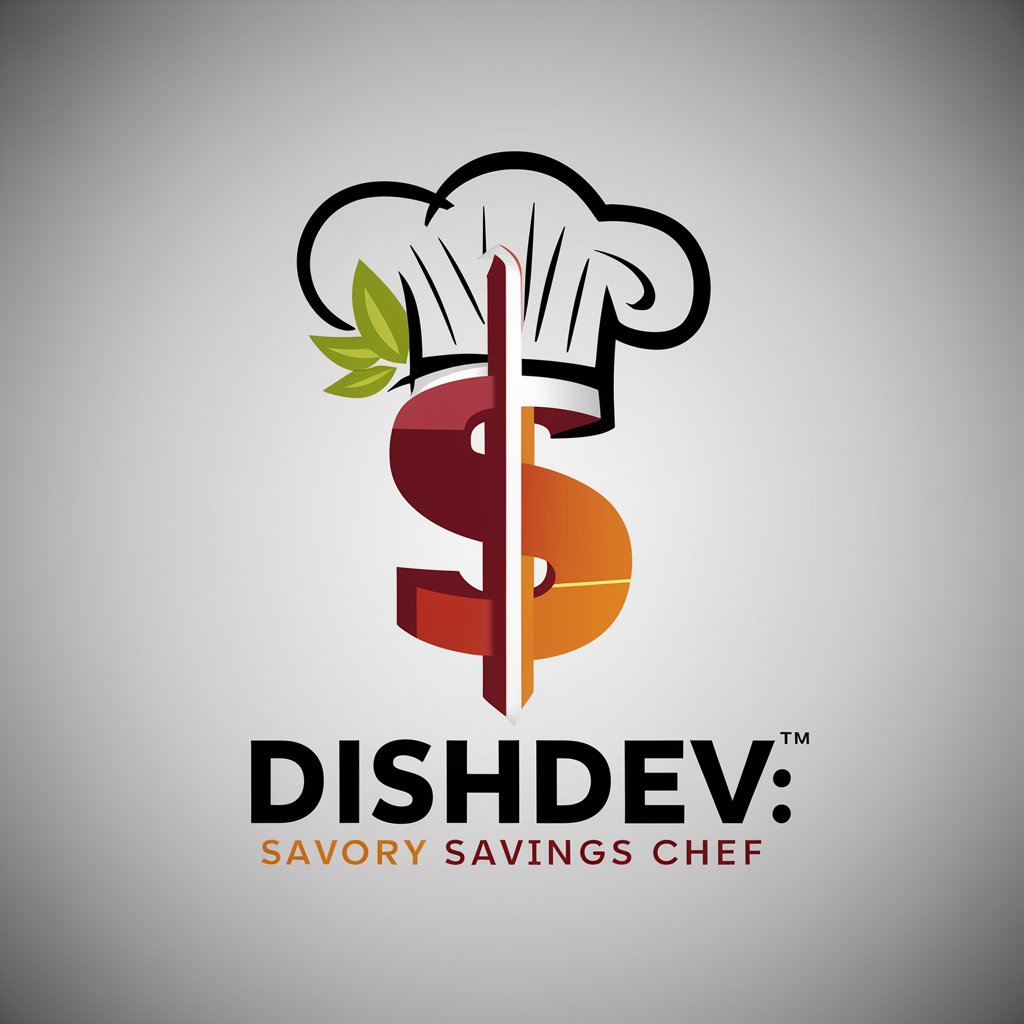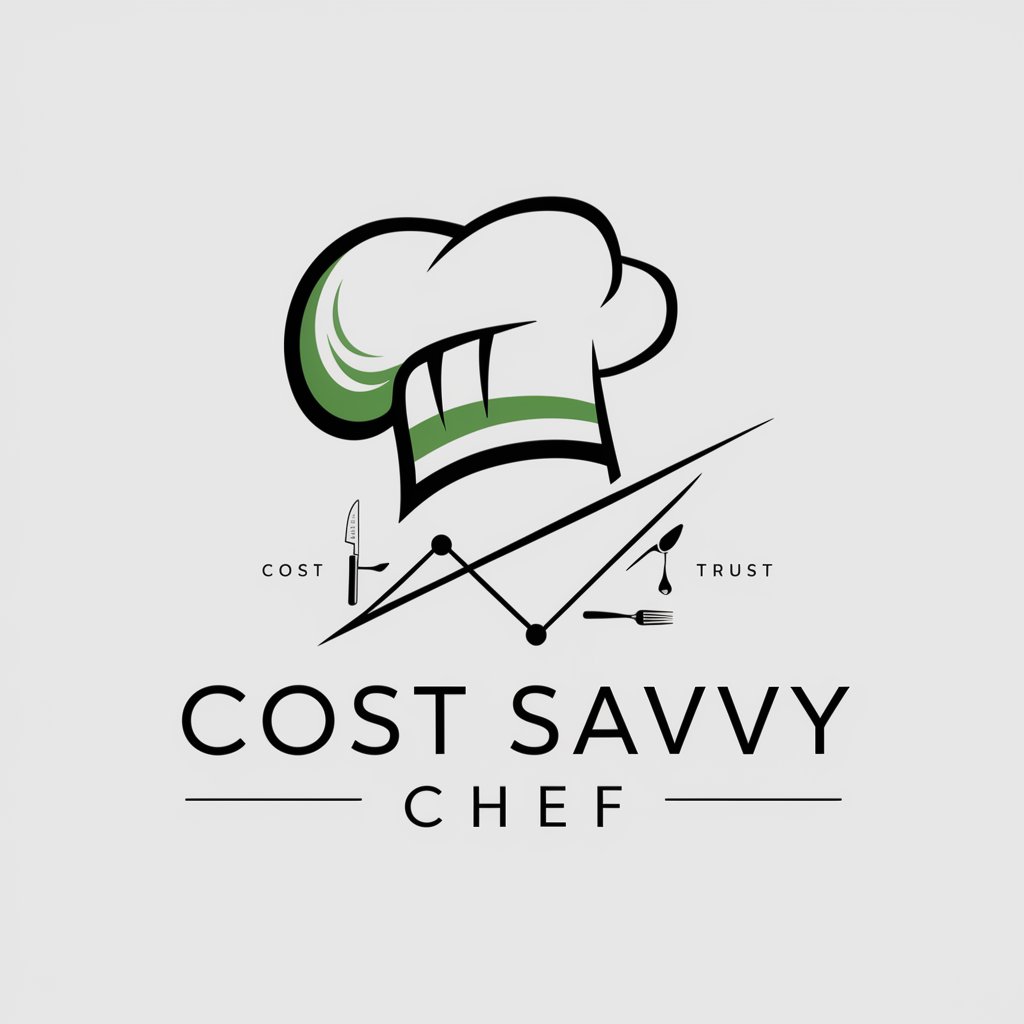
Food Cost Oracle - AI-powered cost management
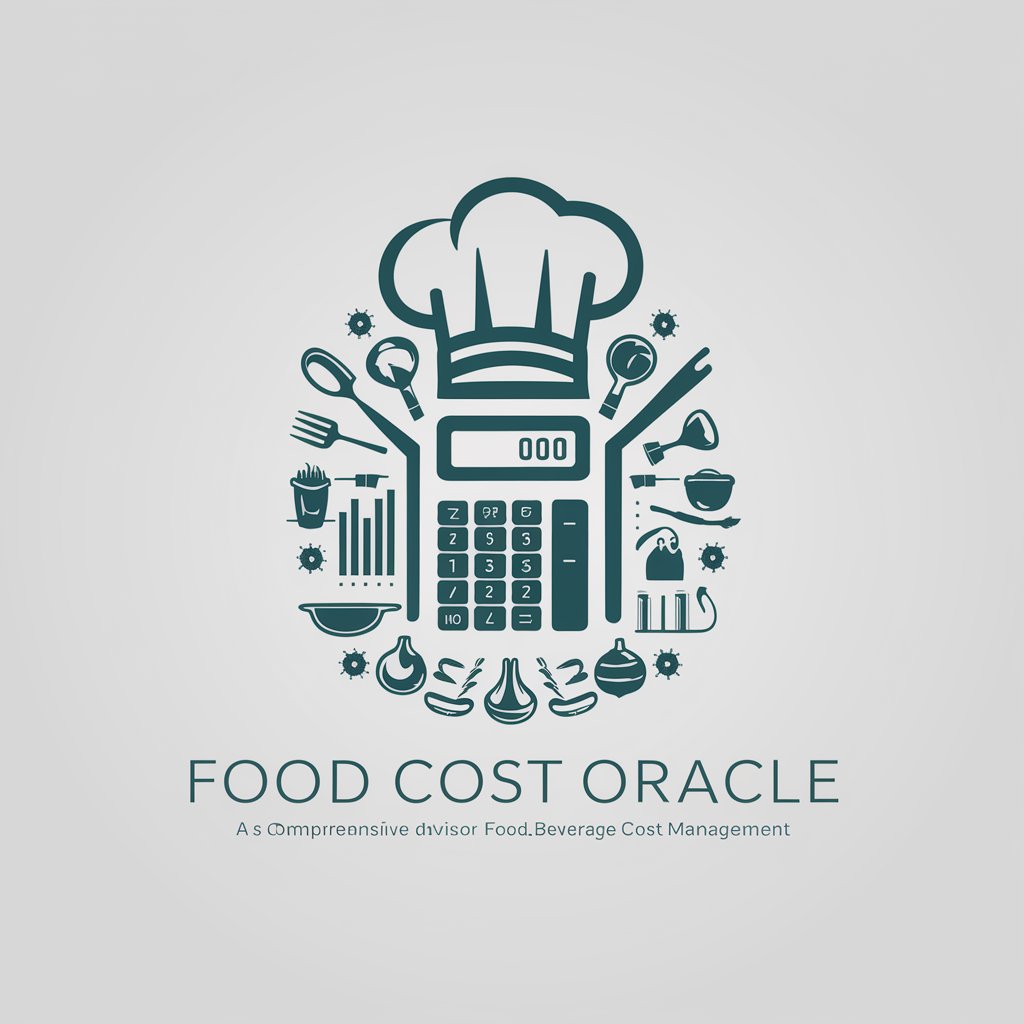
Welcome! Let's optimize your food and beverage costs.
Optimize costs with AI insights
What are the key factors influencing food cost management?
How can seasonal purchasing optimize food costs?
What strategies can reduce beverage costs effectively?
How does compliance with product specifications impact food and beverage costs?
Get Embed Code
Introduction to Food Cost Oracle
Food Cost Oracle is a specialized tool designed to provide comprehensive insights and strategies for managing food and beverage costs effectively. It integrates data from various sources to offer actionable advice on optimizing cost management in the food service industry. The Oracle's design purpose revolves around aiding users in understanding the impact of different factors on food costs, including sales mix, compliance with product specifications, seasonal purchasing, market competition, and sales ratios between different types of offerings like catering and beverages. For example, it can analyze the cost implications of purchasing products out of season versus in season, illustrating how timing affects pricing and overall cost efficiency. Powered by ChatGPT-4o。

Main Functions of Food Cost Oracle
Cost Analysis and Optimization
Example
Analyzing 'center of the plate' costs and suggesting adjustments to menu pricing to align with budgeted food cost percentages.
Scenario
A restaurant manager notices fluctuating costs in their signature dishes. Using Food Cost Oracle, they can identify specific ingredients causing the variance and explore alternative suppliers or substitute ingredients to maintain profitability.
Seasonal Purchasing Guidance
Example
Providing insights on the best times to purchase certain ingredients to take advantage of seasonal pricing.
Scenario
A chef plans the seasonal menu for the upcoming quarter. The Oracle advises on which ingredients will be most cost-effective based on their peak seasons, allowing the chef to design a menu that is both cost-efficient and appealing.
Sales Mix and Menu Engineering
Example
Evaluating sales mix to recommend menu adjustments that balance high and low food cost percentages, optimizing overall profitability.
Scenario
A café owner struggles with low profitability despite high sales. The Oracle analyzes the sales mix, identifying items with unfavorable cost-to-sales ratios and suggesting menu engineering strategies to improve margins.
Compliance and Specification Management
Example
Assessing compliance with product specifications to ensure cost efficiency without compromising quality.
Scenario
A hotel chain is standardizing its breakfast offerings across multiple locations. The Oracle helps to ensure that each location complies with the specified product quality and portion sizes, preventing cost overruns.
Ideal Users of Food Cost Oracle Services
Restaurant Managers and Owners
These individuals directly benefit from understanding and managing food costs to ensure their establishments remain profitable. The Oracle provides them with detailed analyses and recommendations to optimize menu pricing, manage supplier relationships, and adjust purchasing strategies.
Chefs and Culinary Professionals
Chefs can use the Oracle to balance creative menu development with cost-effective ingredient selection. It aids in seasonal menu planning, ensuring that dishes not only meet culinary standards but also contribute positively to the establishment's financial health.
Food Service Consultants
Consultants advising on restaurant operations, menu design, and cost management strategies can leverage the Oracle for data-driven insights. It serves as a valuable resource for making informed recommendations to their clients on improving profitability.
Hospitality Management Students
Students studying hospitality management gain practical insights into cost control, menu planning, and financial analysis. The Oracle serves as an educational tool, enhancing their learning with real-world applications and examples.

How to Use Food Cost Oracle
1
Start your journey at yeschat.ai to access a free trial instantly, without the need for sign-up or ChatGPT Plus.
2
Upload or input data related to food and beverage costs, including sales mix, purchasing details, and cost ratios for accurate analysis.
3
Utilize the tool's insights to identify factors affecting your food costs, such as seasonal purchasing patterns and compliance with product specifications.
4
Apply the Oracle's strategies for optimizing cost management, like bulk purchasing and seasonal buying, to improve your operation's efficiency.
5
Regularly revisit and update your data to refine cost-saving strategies and adapt to market changes for sustained cost efficiency.
Try other advanced and practical GPTs
Reflective Companion
Discover Yourself with AI

Communication Coach for Post-Covid Teens
Empowering Teens to Thrive Socially, AI-Powered Coaching

Front-end code training
Empower your coding journey with AI

Code Assistant
Empowering your coding journey with AI

Story Weaver
Empowering Creativity with AI

Theater
Igniting Creativity in Theater Arts

ScriptureSeeker
Insightful exploration of religious texts

Study Buddy
Empowering Learning with AI

Weird Biology
Visualizing the unseen biology.

EvolveGPT
Empowering Evolutionary Discovery with AI

Wise Scientist
Empowering insights into neuroscience with AI

Ecological Dynamics Solver
Unravel Evolution with AI Power

Food Cost Oracle FAQs
What is Food Cost Oracle?
Food Cost Oracle is an AI-powered tool designed to provide comprehensive insights and strategies for managing food and beverage costs effectively, integrating data on sales mix, compliance, seasonal purchasing, and more.
How can Food Cost Oracle help my business?
By analyzing your specific data, it offers personalized strategies for cost optimization, such as adjusting purchasing habits, improving compliance with product specifications, and making informed menu pricing decisions.
Can Food Cost Oracle adapt to seasonal variations in food costs?
Yes, it emphasizes seasonal purchasing strategies to take advantage of lower prices and recommends adjustments to your buying patterns based on market trends.
Does Food Cost Oracle require specialized knowledge to use?
No, it's designed for ease of use. While having a basic understanding of food cost management is beneficial, the tool provides clear guidance and insights without requiring expert knowledge.
How often should I update my data in Food Cost Oracle for the best results?
Regular updates, such as monthly or quarterly, are recommended to ensure the strategies remain relevant and adapt to any changes in your business environment or market conditions.

